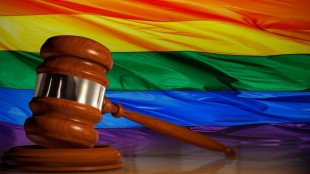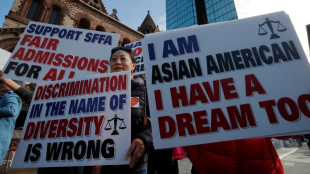Vaccinations and Preventable Diseases: Implications of Changes in Vaccination Policies
(Source) Lately, vaccines have stirred up a lot of controversy. Anti-vaccinators have taken to the internet to expose supposed horrific results of the practice. This assault on a practice that is imperative to the health of our societies has turned heads and started debates. Misinformation about vaccines is all too common and public health organizations are doing their best to contest baseless assaults on the practice. Prominent public figures, such as Robert F. Kennedy Jr., are weighing in on the debate and contributing to the spread of misinformation. Because of recent opposition to vaccinations, the United States is currently suffering from the worst measles outbreak in twenty-five years. The CDC reports that from January 1st to September 12th, 2019, 1,241 individuals have been infected with measles across thirty-one states. While the majority of these cases are found among unvaccinated individuals, the disease has become so pervasive that it is spreading to infants who are too young to be vaccinated. The House Committee on Energy and Commerce has identified the spread of preventable diseases as a growing public health threat. The current discussion and debate surrounding vaccines has drawn nation-wide attention. As a result, the government has started to [read more]










